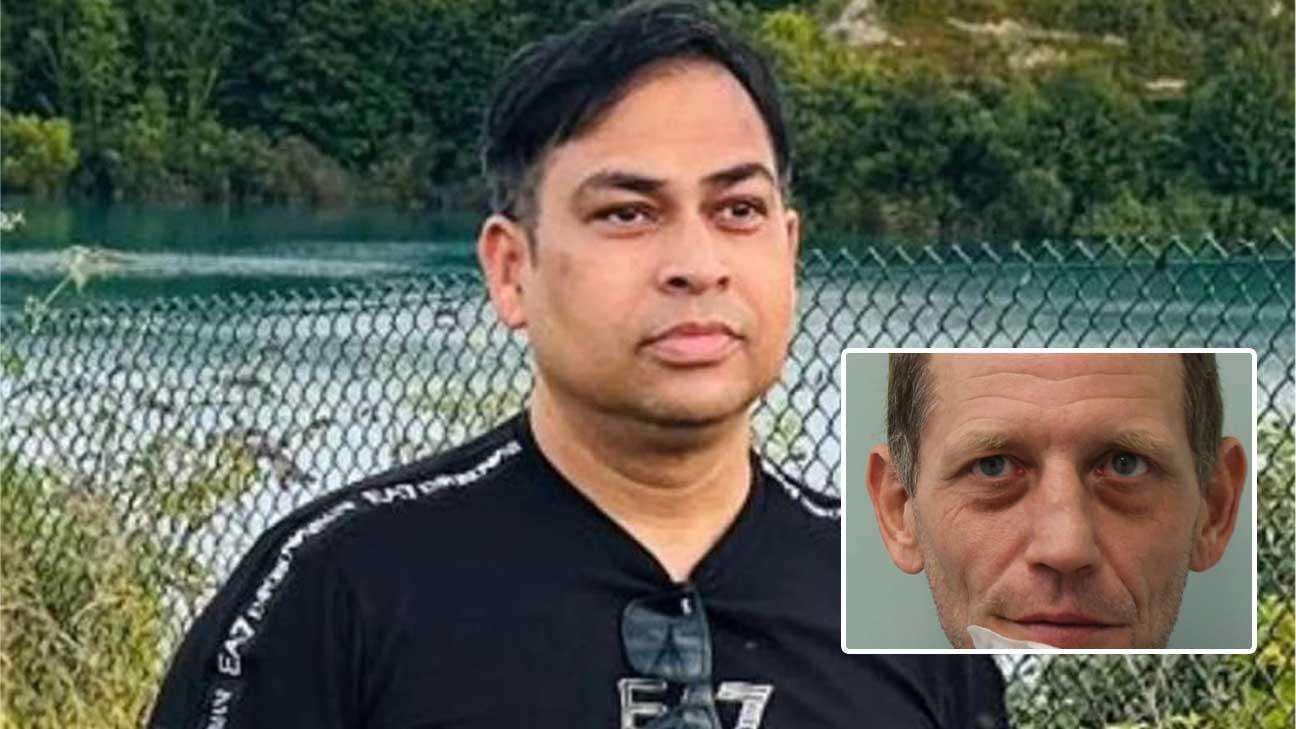In a chilling crackdown on protest, the UK government's decision to proscribe Palestine Action has led to a wave of arrests and charges, with over 700 people detained since the ban's implementation on July 5. The move, which has been widely condemned by human rights groups and international bodies, is being challenged in the High Court, as activists vow to continue their resistance.
The unprecedented scale of the police action was highlighted by the mass arrest of 522 peaceful protesters in Parliament Square on August 9. This single event, a "silent" protest where individuals simply held placards in solidarity, is believed to be the largest mass arrest at a UK demonstration in modern history. The average age of those arrested was 54, with nearly half of the detainees aged 60 or older, underscoring the broad-based, non-violent nature of the movement.
The government’s justification for the ban has come under intense scrutiny. A leaked report from the Joint Terrorism Analysis Centre (JTAC), the very body whose advice the government claims to have followed, casts significant doubt on the Home Secretary's claims. The report reportedly concluded that while Palestine Action has caused property damage, it is "not otherwise concerned with terrorism." This revelation exposes the political nature of the proscription, which critics argue is a desperate attempt to silence opposition to the UK's complicity in the genocide in Gaza.
In response to the growing dissent, a coalition of prominent artists and public figures, including novelist Sally Rooney, actors Tilda Swinton and Steve Coogan, and musician Paul Weller, have publicly declared their support for Palestine Action. Rooney has pledged to use royalties from her books to support the group, stating she will continue to do so "in whatever way I can" to support "direct action against genocide." This has prompted a stern warning from the Prime Minister’s office, effectively threatening a criminal investigation into her for providing support to a proscribed group.
The legal battle is ongoing, but the future of the ban hinges on a judicial review scheduled for November. The High Court has granted the review, acknowledging that the ban may be a "disproportionate interference with freedom of expression." In the interim, however, the arrests and prosecutions continue, with the Metropolitan Police and Crown Prosecution Service (CPS) vowing to press forward with charges.
This repression has also spurred international outcry. Amnesty International has launched a global campaign, urging activists worldwide to write to UK authorities to demand an end to the "misuse" of counter-terror laws against peaceful protesters. The UN High Commissioner for Human Rights, Volker Turk, has also publicly condemned the ban as a "disturbing misuse" of such legislation.
With the UK's reputation for upholding democratic freedoms now in question, activists remain defiant. The protest movement is broadening its strategy, with plans for an indefinite sit-in designed to overwhelm the state's capacity to prosecute. The message is clear: the right to protest against injustice is fundamental, and no government can ban solidarity with the oppressed.
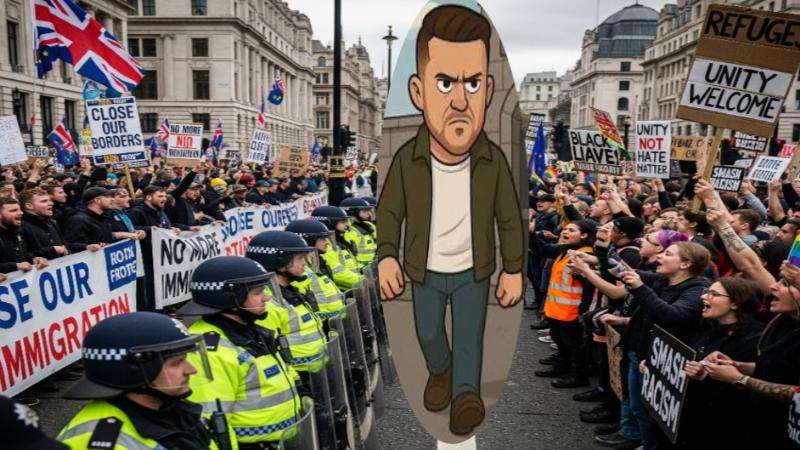
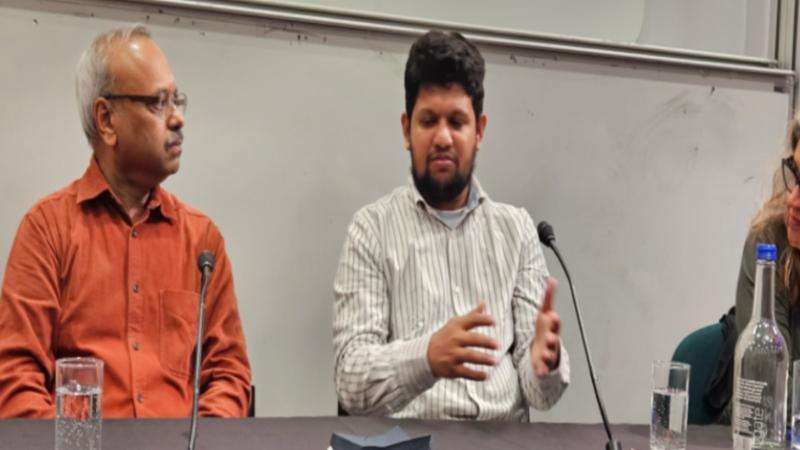
_3.jpg)
_2.jpg)
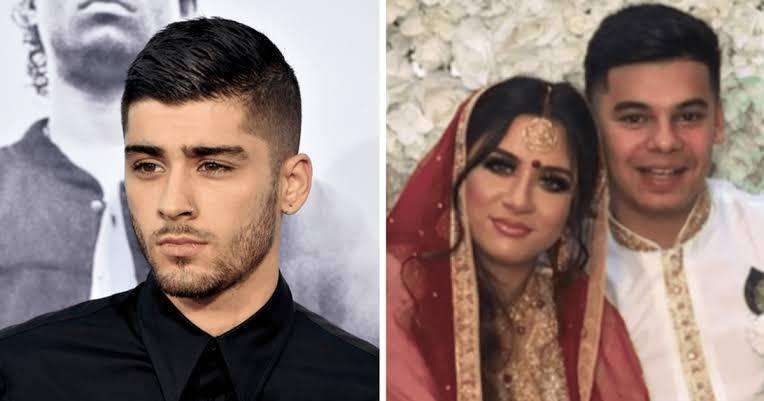


_3.jpg)
.svg)

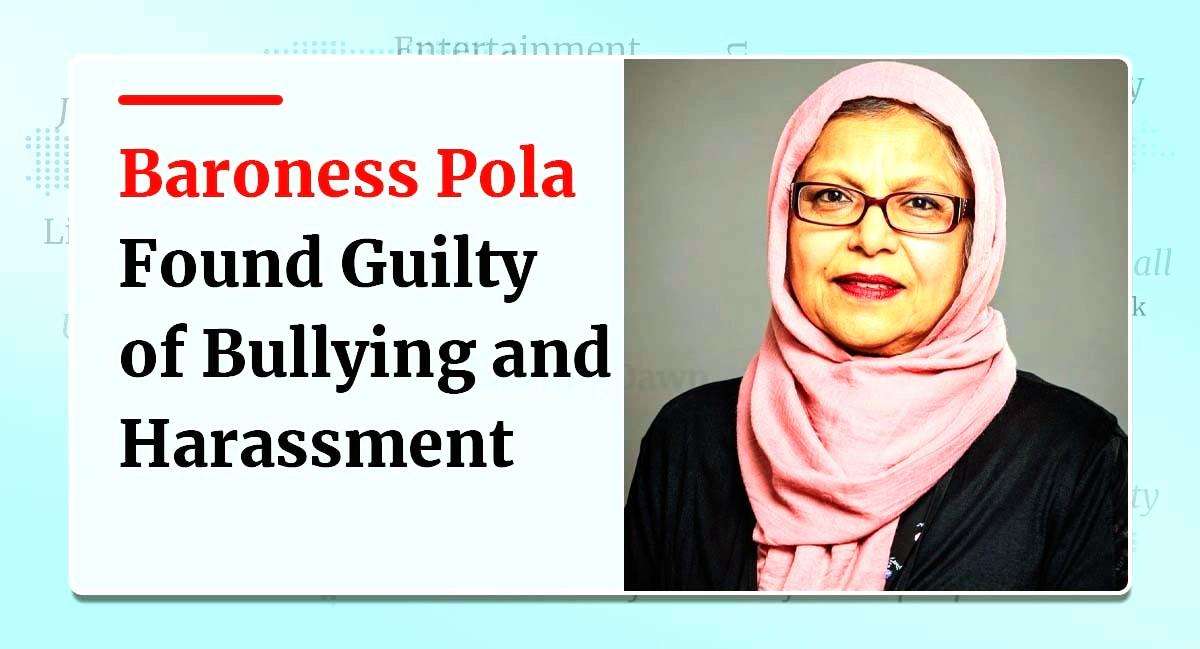
_3.jpg)
